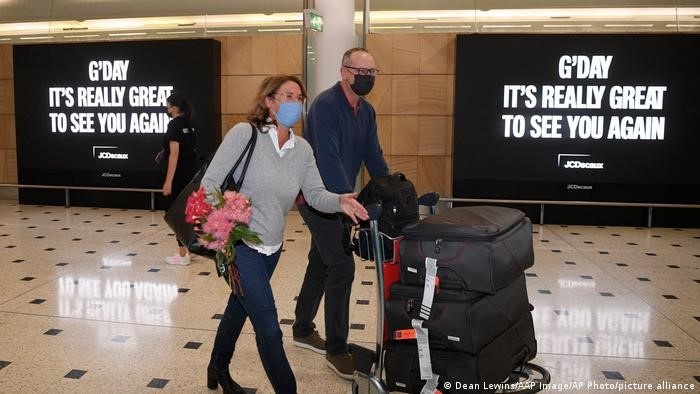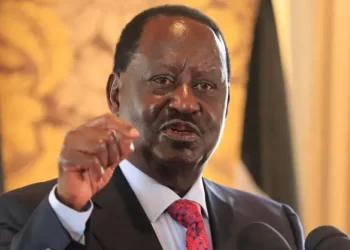Australia has fully reopened its international borders on Monday, allowing vaccinated travelers into the country close to two years after coronavirus-linked restrictions were imposed.
With over 50 international flights scheduled to land in Australia during the day, the country is hoping to revive its tourism and hospitality sectors, which took a severe battering since the start of the pandemic. Several families were also reunited after one of the strictest lockdowns in the world.
“It is a very exciting day, one that I have been looking forward to for a long time, from the day that I first shut that border right at the start of the pandemic,” Prime Minister Scott Morrison said.
Australia switched its COVID prevention strategy from extreme suppression with relentless lockdowns to living with the virus after achieving high vaccination levels. Over 94% of people over 16 are now fully vaccinated, according to officials. The country’s gradual reopening of borders started in November when skilled migrants and international students were allowed to fly into Australia.
The German government plans to make travel easier in time for Easter, Health Minister Karl Lauterbach told a German newspaper on Sunday. To do this, Germany will only apply the “high-risk” label to countries facing coronavirus variants that are more dangerous than omicron.
The changes are due to take effect on March 4, he told the Neue Osnabrücker Zeitung.
A day after recording 73,867 new infections and 22 deaths linked to the virus, Germany is expecting its first delivery of the Novavax vaccine on Monday. Close to 1.4 million doses are set to arrive.
British Prime Minister Boris Johnson announced the end of all COVID-linked legal curbs in England, close to two years after the virus sparked UK’s worst health crisis in generations.
Johnson said in a speech that the country was “moving from government restrictions to personal responsibility” as part of a plan for treating COVID-19 like other transmissible illnesses such as flu.
Free testing will be scrapped. Those who are ill should stay at home, he said, but will no longer be legally required to do so and will not receive increased sick pay as they did under a scheme introduced earlier in the pandemic.
“We now have sufficient levels of immunity to complete the transition from protecting people with government interventions to relying on vaccines and treatments as the first line of defense,” Johnson said, despite warnings from scientists that his plan will weaken their ability to track and monitor the country’s level of serious infection.
In Bulgaria all “green certificate” restrictions will be dropped on March 20, the government has announced. This means that entry into restaurants, non-essential shops, and other public venues will no longer require proof of vaccination, recovery from a COVID-19 infection, or a negative test result for entry.
When it was introduced in October, the scheme prompted protests aross the country. Bulgaria has the lowest vaccine uptake in the EU, with less than 30% of the population having received a full primary vaccine course and less than 10% with a booster shot. – DW.














































